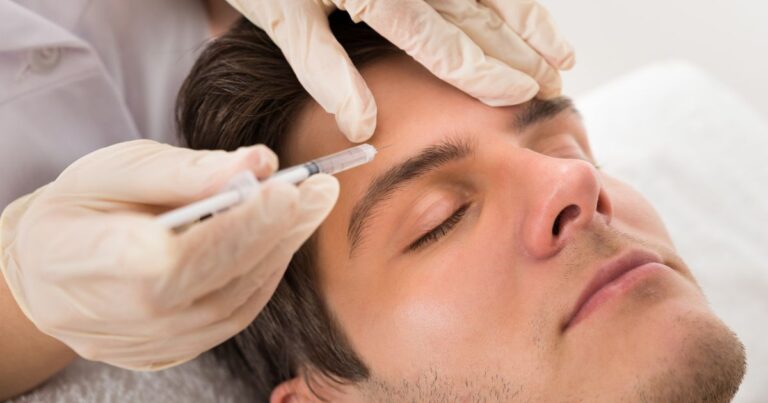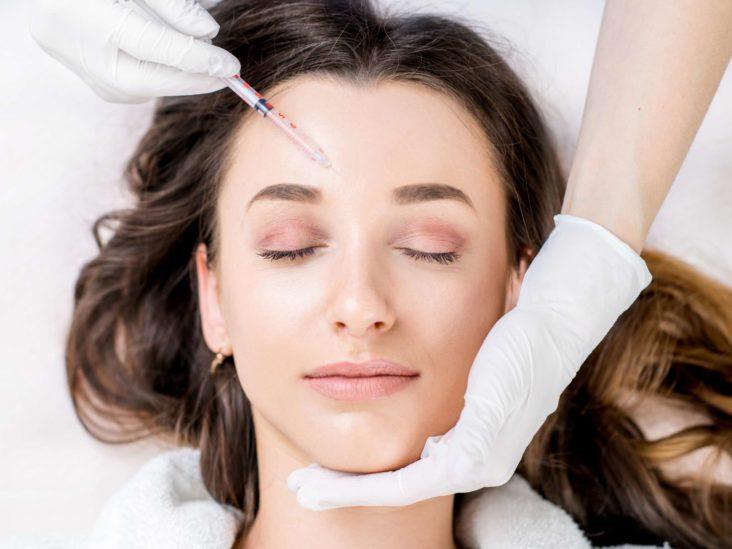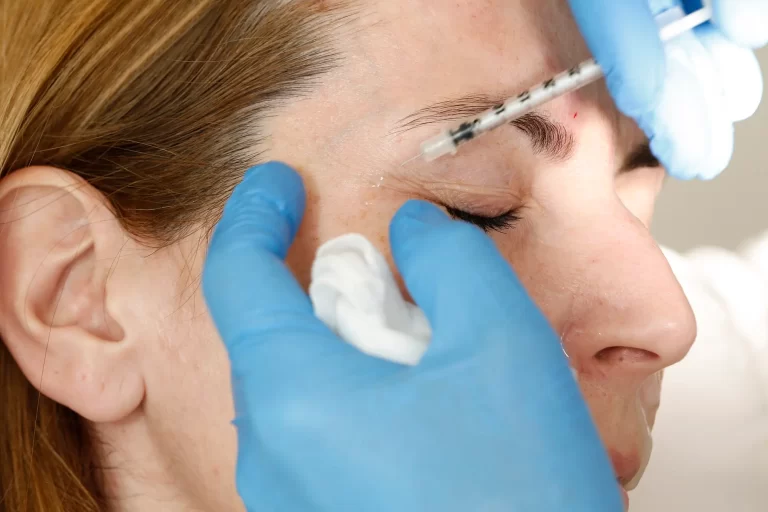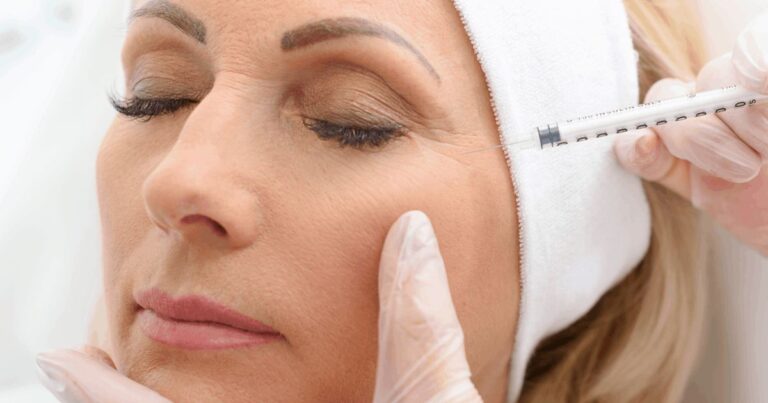Arthritis is a debilitating condition that affects millions globally, severely impacting daily activities and quality of life. However, traditional treatments often fall short of providing long-term relief from the disease. This article explores the emerging role of Botox in alleviating arthritis pain.
What is Alleviate Arthritis Pain? How can someone get it?
Alleviating arthritis pain refers to the process of reducing or managing the discomfort and inflammation associated with arthritis, a condition affecting the joints. However, managing its symptoms is possible.
Managing arthritis symptoms can enhance the quality of life for those afflicted. Here is what you can do:
- Consult a Healthcare Provider: Diagnosis and a personalised treatment plan are essential first steps.
- Medication: Anti-inflammatory drugs or pain relievers can be prescribed to control pain.
- Physical Therapy: Exercises can help improve joint mobility and muscle strength.
- Alternative Therapies: Techniques like acupuncture and hot/cold therapies may offer additional relief.
- Lifestyle Changes: Weight loss and nutritional adjustments can sometimes reduce stress on joints, thereby decreasing pain.
How Botox is Administered for Arthritis Patients?

Botox treatment for alleviating arthritis pain involves injecting the substance directly into the affected joint. The procedure is usually quick and performed under local anaesthesia.
Book A Consultation With Dr Tarek Bayazid
Top-rated Plastic Surgeon For Botox in Dubai
Installment Plan Available
Post-treatment, patients are advised to avoid strenuous activities for a few days.
- Local Anesthesia: The area is numbed to minimise discomfort during the injection.
- Procedure Time: The Botox injection typically takes less than 30 minutes.
- Post-Treatment Care: Patients may experience mild soreness and are advised to rest.
- Frequency: The frequency of injections depends on the patient’s response and the doctor’s recommendation.
- Monitoring: Regular follow-ups are necessary to assess the treatment’s effectiveness.
- Customisation: Dosage and treatment plans are customised based on individual needs.
Clinical Studies Supporting Botox: Can Botox Alleviate Arthritis Pain
Several clinical trials have been conducted to evaluate the efficacy of Botox treatment in managing arthritis pain. While the results have been promising, with many patients reporting significant pain relief, there is still the need for extensive research to establish Botox as a standard treatment for arthritis.
- Sample Size: Most studies have been small-scale, limiting the generalizability of the results.
- Pain Metrics: Studies often use various metrics for pain, making comparisons difficult.
- Duration: The duration of relief varies among patients and needs further investigation.
- Placebo Effect: Some studies include a placebo group to measure the actual impact of Botox.
- Peer Reviews: Published studies have undergone peer review but require further validation.
- Future Trials: Larger, more comprehensive trials are in the pipeline to confirm these findings.
Potential Side Effects and Risks of Using Botox for Arthritis

While Botox has shown promise in treating arthritis pain, it is not without risks. Potential side effects include allergic reactions, infection at the injection site, and muscle weakness. This reiterates the need to consult a reputable healthcare provider for a comprehensive risk assessment.
| Potential Side Effects | Description | Risks Involved |
| Injection Site Reactions | – Redness, swelling, or bruising at the injection site | – Infection at the injection site |
| Temporary Weakness | – Muscular weakness near the injection site | – May affect mobility |
| Pain or Discomfort | – Mild to moderate pain at the injection site | – May require additional treatment for relief |
| Flu-like Symptoms | – Fatigue, headache, and mild fever | – Usually temporary but may require symptom management |
| Allergic Reactions | – Itching, rash, difficulty breathing | – Requires immediate medical attention |
| Limited Effectiveness | – Botox may not relieve arthritis pain for everyone | – May require alternative treatments |
| High Cost | – Botox treatments are relatively expensive | – May not be covered by insurance |
Comparing Botox to Other Arthritis Treatments: Pros and Cons
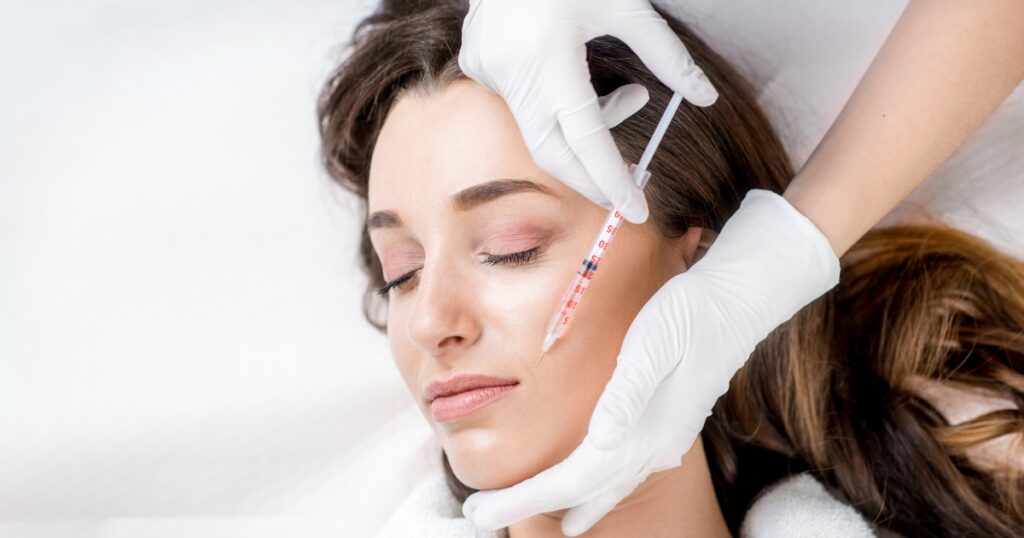
Botox offers a unique approach to arthritis treatment but must be weighed against traditional methods. While it may offer longer-lasting relief, the treatment is expensive and not yet widely accepted. Understanding the pros and cons can help patients make informed decisions.
| Treatment Type | Pros | Cons |
| Botox | – Targeted pain relief | – Temporary effects (3-6 months) |
| – Minimal systemic side effects | – Expensive | |
| – Quick procedure, little downtime | – Risk of injection site reactions | |
| – Not effective for all arthritis types | ||
| NSAIDs | – Widely available | – Gastrointestinal side effects |
| – Effective for mild to moderate pain | – Potential kidney and liver damage | |
| – Non-prescription options | – May not be effective for severe pain | |
| Steroid Injections | – Quick and effective relief | – Temporary effects |
| – Can be used in multiple joints | – Can weaken tissues | |
| – May lead to joint infection | ||
| Physical Therapy | – No drug-related side effects | – Time-consuming |
| – Can improve mobility and strength | – Requires ongoing commitment | |
| – May not provide immediate relief | ||
| Biologics | – Targeted treatment | – High cost |
| – Can be highly effective | – Risk of serious infections | |
| – Requires regular monitoring |
The exploration of Botox as a treatment option to alleviate arthritis pain has shown promising results. However, more research is needed for conclusive evidence. While traditional treatments remain the standard, Botox offers a new avenue that could become a valuable tool in the arsenal against arthritis pain. Patients considering Botox treatment should consult healthcare providers for a personalised treatment plan.
Dr Tarek Bayazid is one of Dubai’s premier plastic surgeons, renowned for his facial rejuvenation and body contouring work. With an MD from Belgrade University and training under notable plastic surgeons in Europe, Dr Tarek is dedicated to excellence in health and beauty. He offers many aesthetic procedures and is known for his advanced approach.
Also a member of prestigious medical societies, Dr Tarek’s focus is on natural results and patient safety, making him the go-to choice for men and women seeking an experienced surgeon with an artistic eye.
Ready to Explore Botox for Arthritis Pain Relief? Book a Consultation with Dr Tarek Today!
Book a Consultation
Frequently Asked Questions (FAQs)
Can Botox alleviate arthritis pain?
Botox has shown promise in preliminary studies for its potential to alleviate arthritis pain. However, more extensive research is needed to confirm its efficacy.
How does Botox work to alleviate arthritis pain?
Botox works by blocking nerve signals, potentially inhibiting the release of chemicals that transmit pain signals in arthritis patients.
What are the side effects of using Botox for arthritis pain?
Potential side effects include allergic reactions, infection at the injection site, and temporary muscle weakness. It’s essential to consult a healthcare provider for a comprehensive risk assessment.
How long do the effects of Botox last in alleviating arthritis pain?
The duration of pain relief from Botox can vary among individuals, but some studies suggest that relief can last several months.
Is Botox an FDA-approved treatment to alleviate arthritis pain?
As of now, Botox has yet to receive FDA approval specifically for treating arthritis pain. It is considered an off-label use.
Is Botox Toxic to the Human Body?
Botox is generally not considered toxic to the human body when administered correctly and in appropriate doses by a qualified medical professional.



